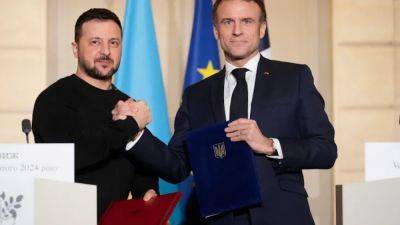Georgia regime pushing Putinesque foreign agent bill
Georgia’s ruling party first attempted to pass a controversial bill on “foreign agents” in March 2023. The law would have required civil society groups and the media to register as being “under foreign influence” if they receive funding from abroad. This type of funding is a lifeline for most non-governmental organizations (NGOs) working for human rights, as they often receive scant domestic support.
Being designated a foreign entity or under foreign influence could have serious implications. NGOs that receive foreign funding can incur massive fines, face constant surveillance and be required to disclose all of their finances or risk prison time.
The Georgian government, which is led by the Russian-leaning Georgian Dream Party, was forced to withdraw its bill after mass protests broke out. But now, a little over one year later, the bill has been advanced again and thousands of Georgians have taken to the streets in protest once more.
The move to restrict NGOs in Georgia is part of a larger trend to weaken democratic forces in autocratizing and autocratic countries. Whether Russia is directing this trend is unknown, but the Kremlin has certainly been a trailblazer in dismantling civil society and undermining NGOs.
Russia’s president, Vladmir Putin, sees foreign-funded NGOs as one of the biggest threats to his grip on power. NGOs can give a voice to those that are unrepresented and powerless, and are vital to fostering civil society. So Putin has made targeting these organisations a major priority.
Foreign agents law
In 2011, Putin was re-elected as Russia’s president in a sham election, triggering opposition protests. The Kremlin subsequently passed a series of laws that became much more restrictive of NGOs. From November







